Nation & World
-

Unfuzzy math: U.S. needs to do better
Ed School expert has some ideas, including a rethink of homework bans, after ‘discouraging’ results

-

What to expect when you’re elected
Bipartisan group of lawmakers gets to know Washington by way of the IOP
-

Defining and confronting campus antisemitism
Scholars in Jewish Studies say education, conversation can bolster efforts to defeat hate
-
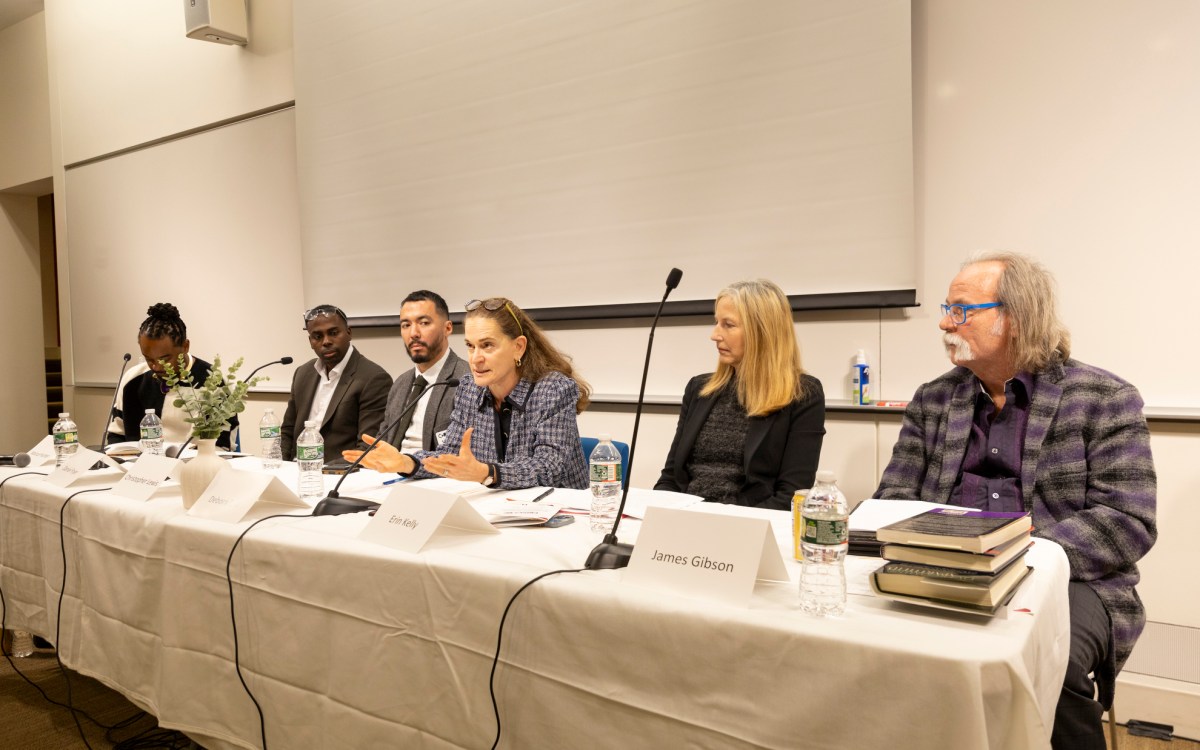
Are reparations the answer?
Harvard symposium explores case for restitution to Black Americans legally, economically, ethically
-

Exact cause of Notre-Dame fire still unclear. But disaster perhaps could’ve been avoided.
Leadership expert says foreseeable factors all contributed to complex failure. Consistent focus needed on best practices, rules, procedures.

-
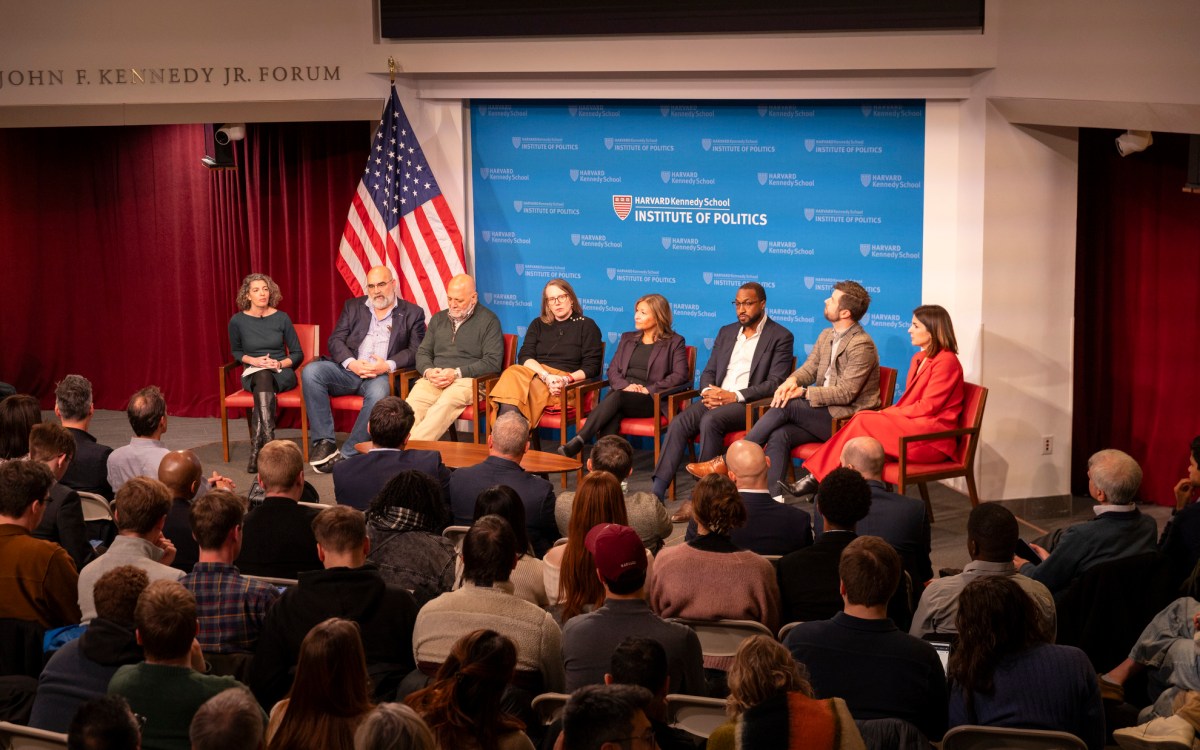
How the presidency was won, lost
Top campaign leaders from both sides talk about what worked, didn’t at Kennedy School postmortem
-
Explaining the baby bust
Postindustrial countries from Japan to Italy are experiencing startling low birthrates, but the entry of women into the workforce isn’t to blame, according to Sociology Professor Mary Brinton, whose research looks at more subtle factors, including attitudes toward men’s and women’s roles in the workplace and the home.
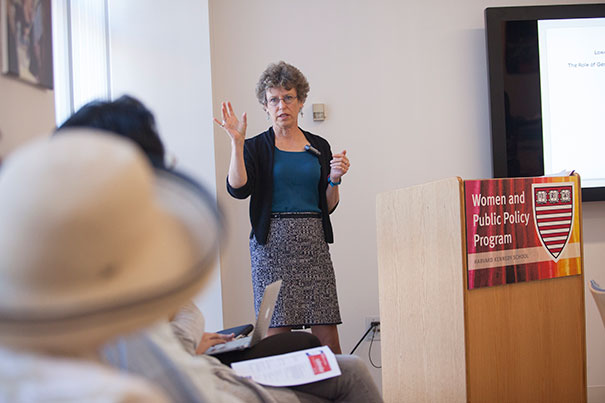
-
A warning from inside Tunisia
A Tunisian constitutional expert said Sept. 17 that recent violence, coupled with moves by the ruling Islamist Ennahda party to enshrine religion in the nation’s new constitution, are a bad sign for a pluralistic, democratic future.
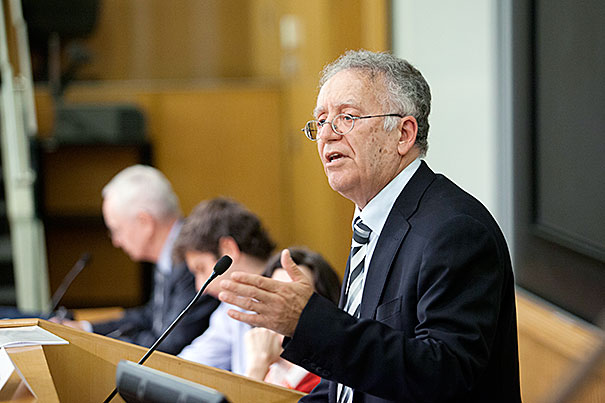
-
Suggestion of a married Jesus
Four words on a previously unknown papyrus fragment provide the first evidence that some early Christians believed Jesus had been married, a Harvard professor says.
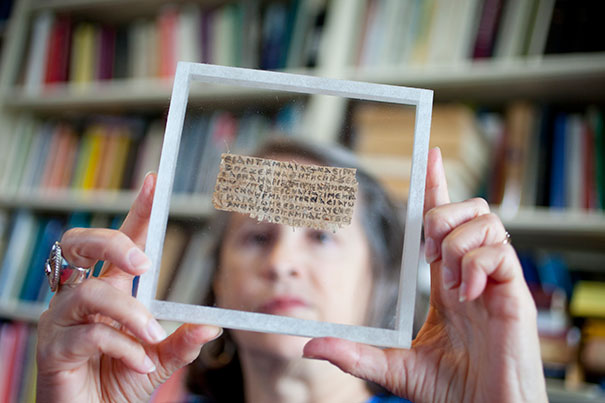
-
“Jesus said to them, my wife”
Four words on a previously unknown papyrus fragment provide the first evidence that some early Christians believed Jesus had been married, Harvard Professor Karen King told the 10th International Congress of Coptic Studies, September 18, 2012.
-
Poverty in America, 2012
Scholars from across the nation gathered at Harvard on Friday to examine the persistent problems of race, poverty, and economic inequality in the United States. The conference was focused around the 25th anniversary of the publication of “The Truly Disadvantaged” by University Professor William Julius Wilson.
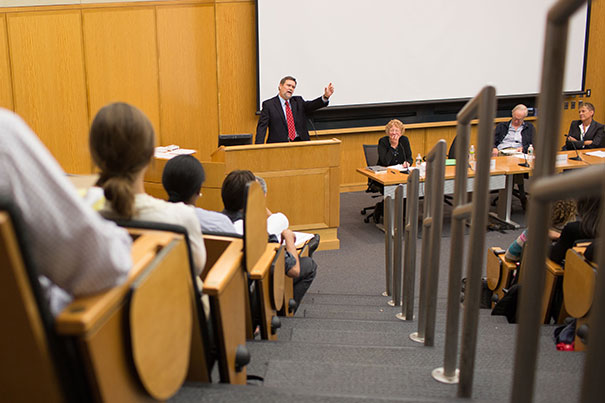
-
Block the vote
Should citizens have to show photo identification to vote? In recent years, many states have decided they do. A group of panelists debated the hotly partisan issue — and the possible implications for poor and elderly voters — at Harvard Kennedy School.
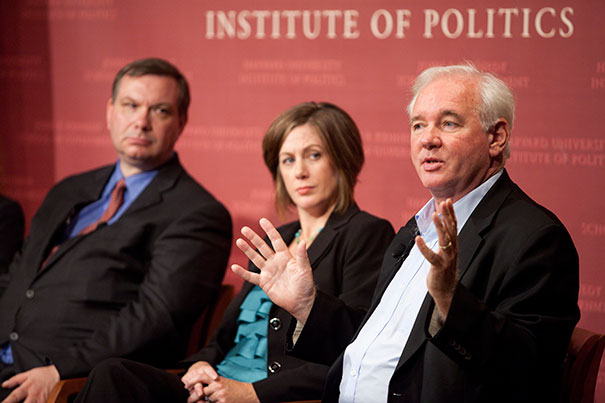
-
Syria in the crosshairs
Murhaf Jouejati, a professor and a member of the Syrian National Council, a coalition of exiled opposition groups, offered his perspective on the crisis in Syria.
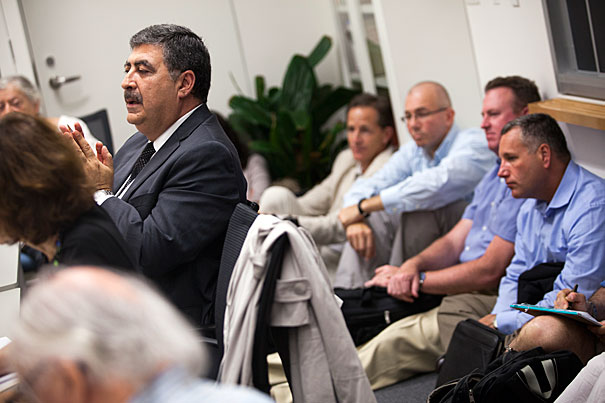
-
After 9/11, health lessons ignored
The public health lessons of 9/11 and subsequent anthrax attacks haven’t been learned, said Pulitzer Prize-winning author Laurie Garrett during a talk at the Harvard School of Public Health.
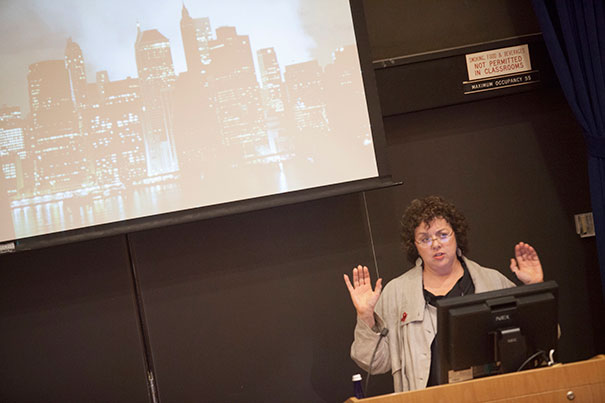
-
An app aimed at transparency
Super PAC App, the brainchild of recent Harvard Kennedy School graduate Jennifer Hollett and her MIT classmate, gives voters information on the big-money donors behind this season’s campaign ads in real time.
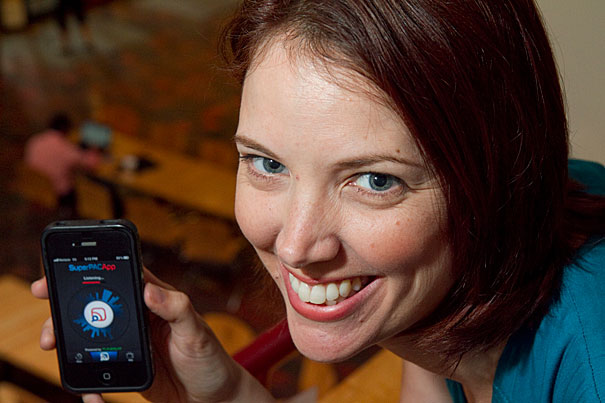
-
More than words
Nieman Foundation welcomes 24 new fellows, including some who tell their gripping stories using tools beyond words.
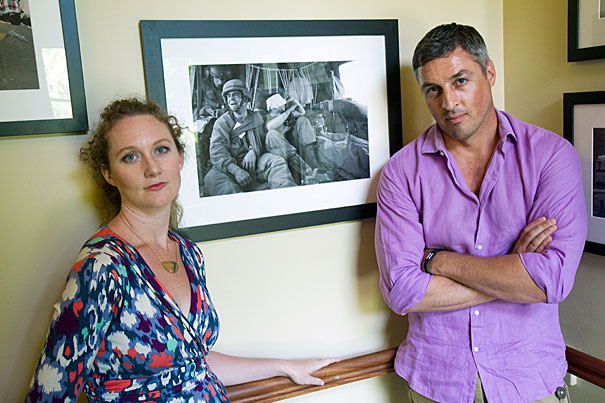
-
Guides to the gallows
The Harvard Law School Library’s “Dying Speeches” collection of English crime broadsides — street literature sold at public executions — is one of the largest in the world and the first to be completely digitized.
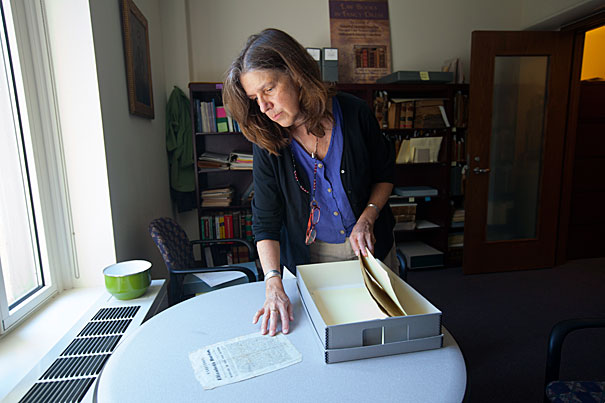
-
School vouchers’ greatest impact
A new study on the impact of school vouchers on college enrollments shows that the percentage of African-American students who enrolled part time or full time in college by 2011 was 24 percent higher for those who had won a school voucher lottery and used their voucher to attend a private school.
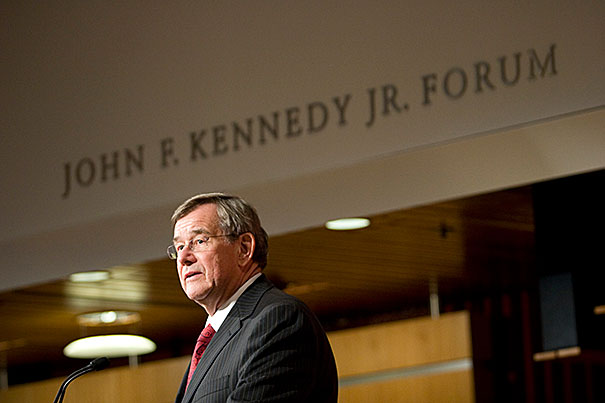
-
Taking a stand on diversity
After the Supreme Court announced it will hear a major case on affirmative action in October, Harvard joined 13 other universities to file a friend-of-the-court brief supporting considerations of race in college admissions.
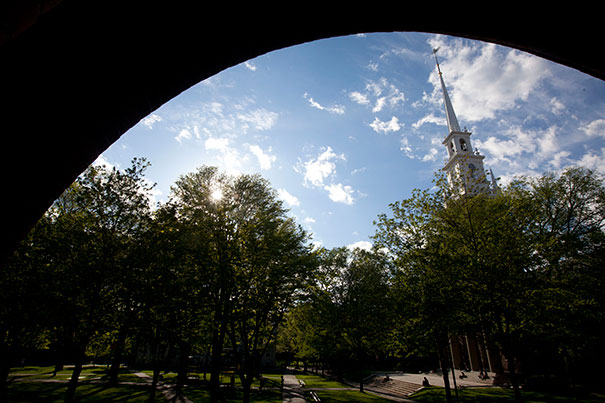
-
Toward better aid
Three Harvard specialist draw from field experience in a discussion of the past and future of humanitarian aid.
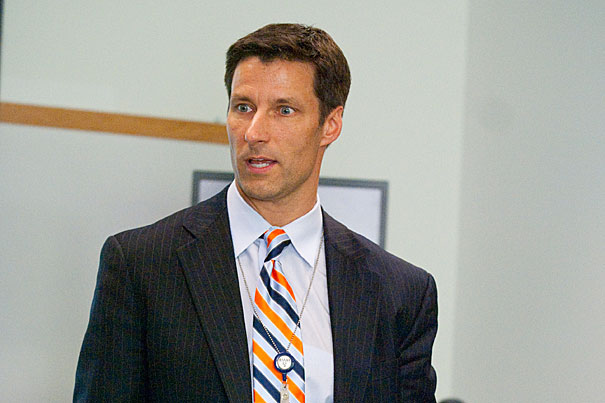
-
Inspiring as well as educating
Led by members of Yo-Yo Ma’s Silk Road Ensemble and faculty from the Harvard Graduate School of Education, 83 teachers from around the world convened at Harvard last weekend for workshops and discussions to explore how the arts can help engage students across a range of subjects.
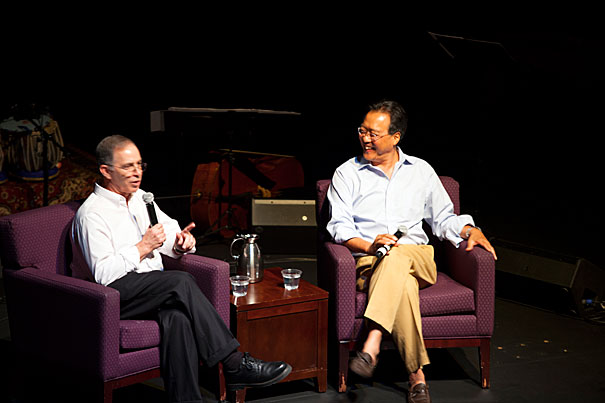
-
The long journey to asylum
Behind the legal technicalities practiced at the Harvard Immigration and Refugee Clinic, there are asylum clients with pain and persecution behind them, and hope ahead.
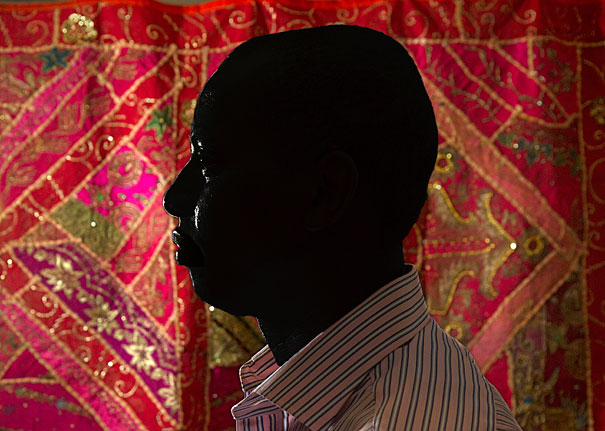
-
UC Berkeley joins edX
EdX, the online learning initiative founded by Harvard University and the Massachusetts Institute of Technology (MIT) and launched in May, announced today the addition of the University of California, Berkeley, to its platform.

-
Student achievement stuck in the middle
U.S. ranks 25th out of 49 countries in student test-score gains over a 14-year period, report three scholars at Harvard, Stanford, and the University of Munich.

-
Progress, but no letup
In the LGBT community, “equal rights does not necessarily mean equal lives,” Tim McCarthy, an activist and Harvard lecturer, told a Harvard Kennedy School audience on July 11. With that in mind, he and a group of researchers at the Face Value project are aiming to combat real-world stigma, not just legal discrimination.
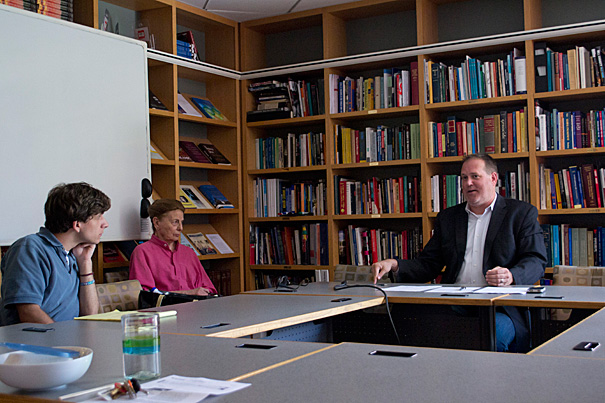
-
Empowering a growing minority
Now in its third year, the Latino Leadership Initiative brought 41 students from eight universities to Harvard for a week of leadership training, reflection, and strategizing on projects they will implement when they return to their largely Latino communities.
-
Balky states likely to join Medicaid expansion
Experts speaking at The Forum at Harvard School of Public Health discussed the health care reform law Friday, a day after the U.S. Supreme Court upheld most of its core but struck down drastic penalties for states that don’t participate in a major expansion of Medicaid.
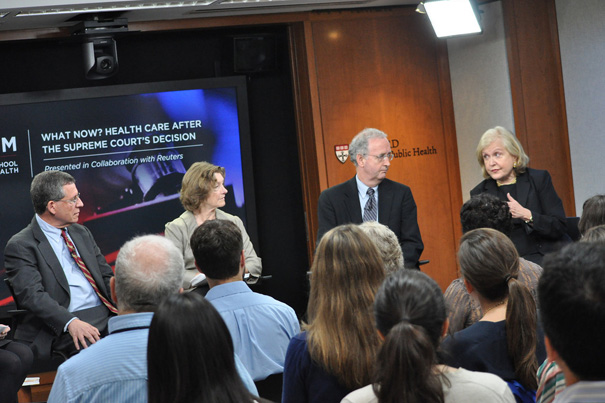
-
Battle won, but more to come
Harvard School of Public Health analysts probe the importance of the Supreme Court ruling upholding national health care, and explain the law’s next challenge: the November election
-
Death penalty in decline
A Harvard Law School panel looks at the future of the death penalty worldwide and sees a decline in this “organized violence” by nation-states — but a few “dark spots” too.
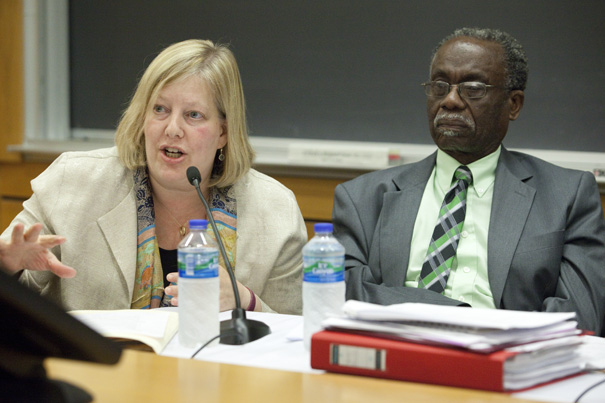
-
Royal views
Crown Prince Felipe of Spain covered a range of topics — working his way from the 15th century to the euro crisis — in a talk at Harvard Kennedy School.
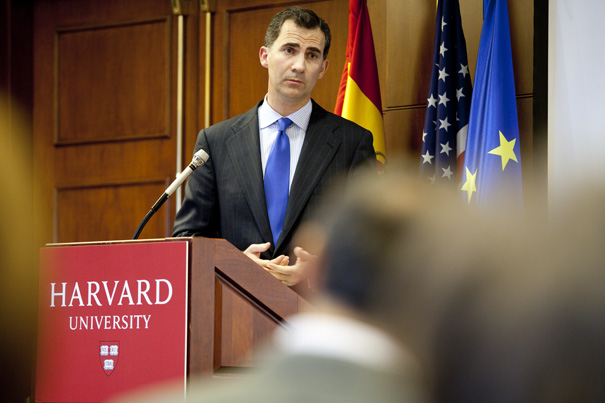
-
The rigor of reargument
Over many months, a Harvard Law School team put in long hours to craft a legal brief, hoping to sway a Supreme Court decision that will affect the fate of lawsuits regarding international human rights.

-
With health rights denied, a patient had no hope
Those interested in health and human rights from around the world gathered at the Harvard School of Public Health this week for an executive education program intended to provide practical lessons in rights litigation and create a community for those who care about extending health care to all.
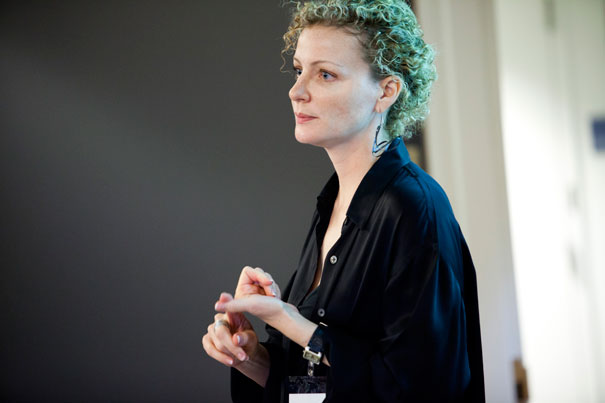
-
A Nobel cause in the Arab world
The West must do more to support the ongoing, peaceful democratic revolutions in long-suppressed Arab nations, Yemeni activist and Nobel Peace Prize laureate Tawakkol Karman said during an address at the Harvard Kennedy School
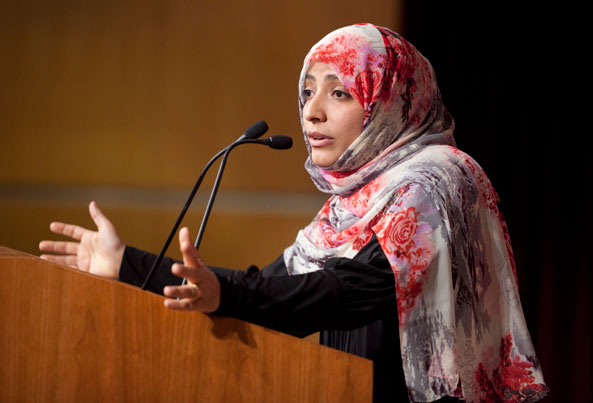
-
A meeting of ministerial minds
At a moment of global opportunity for improving maternal and child health, the Harvard School of Public Health and Harvard Kennedy School’s Ministerial Leadership Program for Health launched the inaugural Ministerial Health Leaders’ Forum this week, inviting 16 officials from around the world to campus to share experiences and solutions and to create a network to aid their efforts in the future.
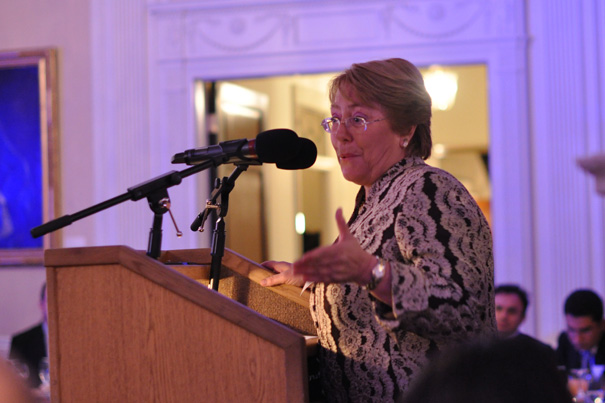
-
Fareed Zakaria Commencement 2012 Speech
Fareed Zakaria, a Harvard alumnus whose insights into the power shifts setting the stage for a new global era have made him a celebrated thought leader on international affairs, was the principal speaker at the Afternoon Exercises of Harvard’s 361st Commencement.
-
Ahead of the learning curve
From the $40 million Hauser gift to support teaching and learning initiatives to the recent announcement of the global online platform edX, Harvard tackled the future of higher education head-on in 2011-12. As the University’s 375th anniversary draws to a close, the Gazette asked some prescient professors: “What’s the one big idea that will transform teaching and learning before Harvard celebrates its 400th?”


